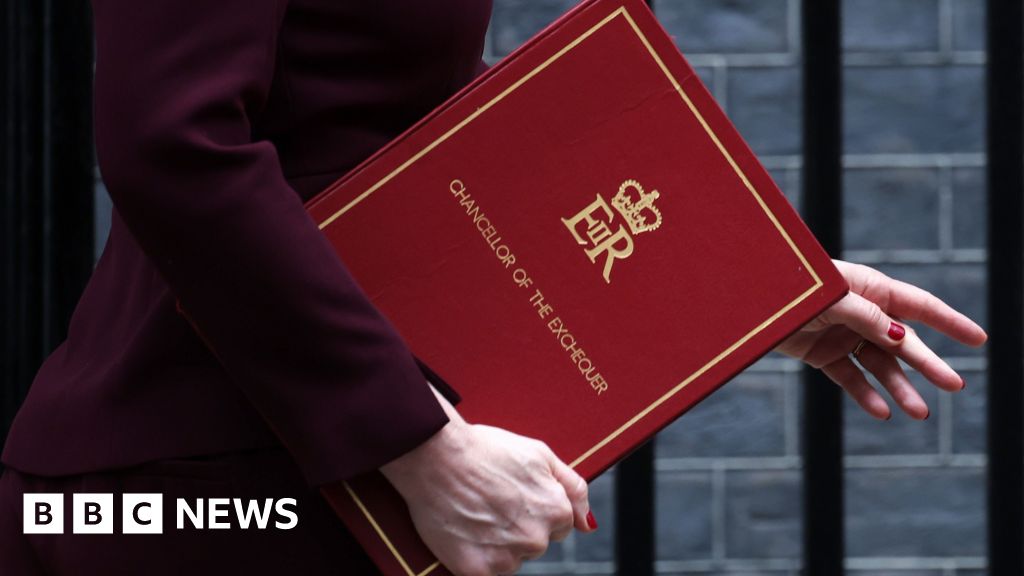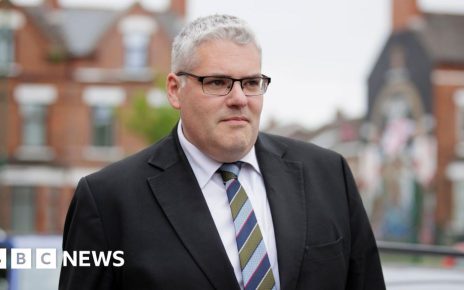A Labour politician has said people in his constituency are “terrified” about the chancellor’s decision to tighten the criteria for claiming sickness and disability benefits.
Alun Davies, Member of the Senedd for Blaenau Gwent, said residents affected by disability and poverty were already struggling “in making ends meet”.
In Wednesday’s Spring Statement, Rachel Reeves announced a number of benefit changes, including tightening qualification rules for Personal Independence Payments (Pips) – the main disability benefit – claimed by more than 250,000 people in Wales.
“It scares the most vulnerable people in our society, and that’s deeply distressing to see,” said Davies.
“What we need to do as a Labour Party is to address the fundamentals in the economy,” he told BBC Radio Wales’ Sunday Supplement.
“We’re seeing at the moment taxation increasing because the economy is failing.
“People want to work and people want to live decent lives and it’s the role of government, surely, to help people do that,” said Davies whose Blaenau Gwent constituency has the highest proportion of disabled people in Wales, according to census data.
In her address to MPs on Wednesday, Reeves said “it can’t be right” to “write off” an entire generation who are out of work and improperly using Pips.
There are two elements to Pips – a daily living and a mobility component – and under the government’s proposals, assessments for the daily living part will be tightened, a move the official forecaster – the Office for Budget Responsibility (OBR) – says will affect around 800,000 people.
The chancellor also confirmed health-related universal credit for new claimants – which was already due to be halved from April 2026 under a package announced last week – would be frozen at its new lower level of £50 per week until 2030.
A Department for Work and Pensions assessment found 3.2 million families across England and Wales would be worse off as a result of the changes, with 250,000 more people pushed into relative poverty.
The UK government has said the reforms are aimed at modernising the welfare system, and getting many of those reliant on assistance back into work.
On Friday, Wales’ First Minister Eluned Morgan refused to back the chancellor’s welfare cuts, telling the Senedd she wanted to “reserve my position” until she knew what the impact would be on Wales.
Morgan also confirmed she was waiting for a response from Work and Pensions Secretary Liz Kendall to her request for a Wales-specific impact assessment and said she was now seeking a meeting with her.




